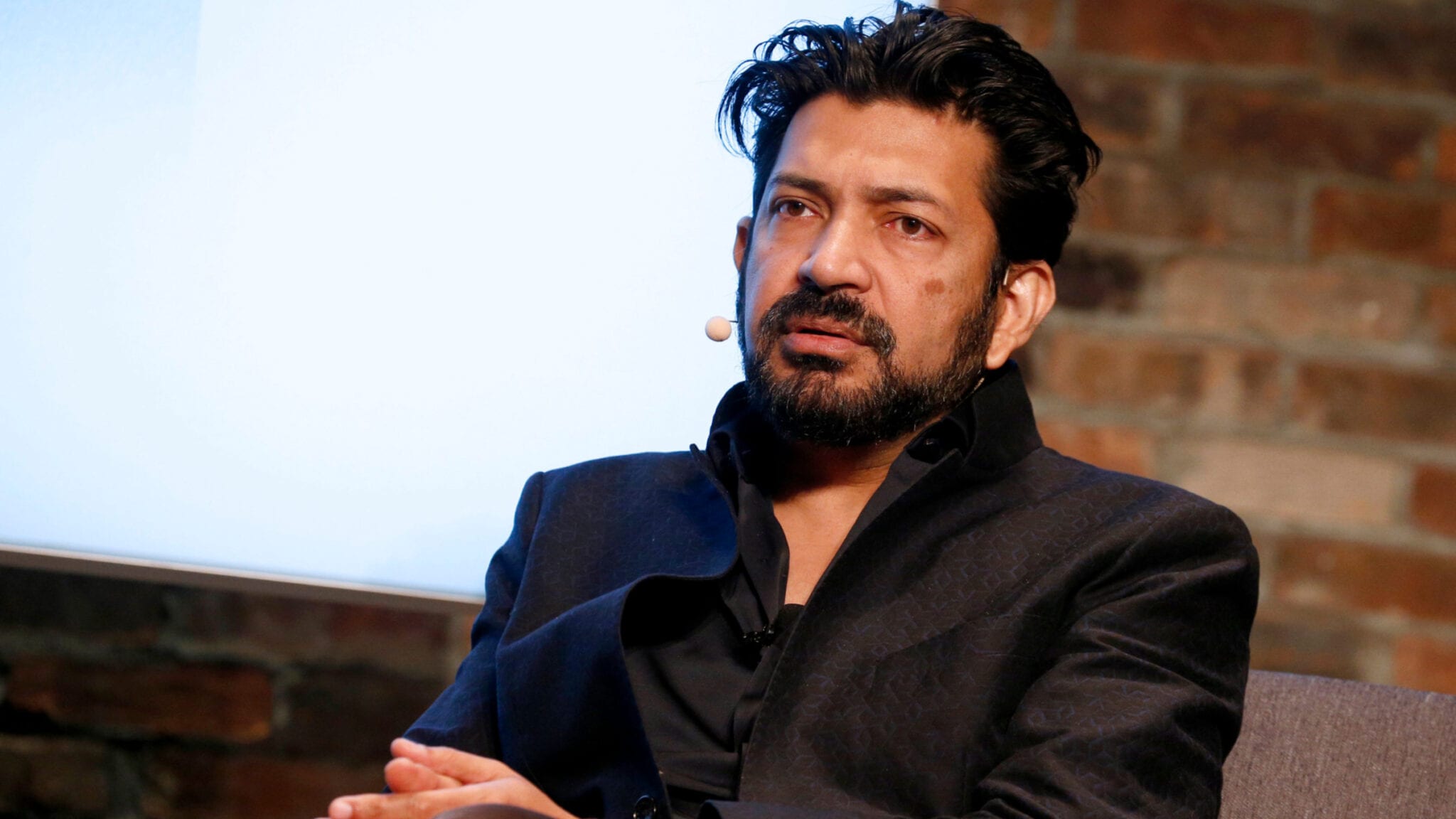Faeth Therapeutics has successfully raised $25 million to advance its research on the role of metabolism and nutrition in cancer treatment, particularly focusing on endometrial cancer. The funding aims to facilitate clinical trials that will explore how these factors influence cancer progression and patient outcomes.
Funding to Drive Innovative Research
The latest investment comes as part of a broader initiative to understand the metabolic processes that may contribute to cancer development. Sid Mukherjee, the founder of Faeth Therapeutics, emphasized the importance of this research, stating that the company seeks to challenge traditional approaches to cancer treatment by integrating nutritional science into the therapeutic landscape.
Faeth Therapeutics plans to utilize this funding to conduct rigorous clinical trials that will evaluate the efficacy of dietary interventions in conjunction with standard cancer therapies. The goal is to determine if modifying a patient’s metabolism through nutrition can significantly affect their response to treatment.
Significance of Metabolism in Cancer Treatment
Research has increasingly suggested that metabolism plays a critical role in cancer biology. By focusing on nutritional factors, Faeth Therapeutics aims to provide a more comprehensive treatment framework that goes beyond conventional methods. The company believes that understanding how dietary habits influence metabolic processes can lead to better patient care and outcomes.
The funding round was well-received, reflecting growing interest from investors in innovative approaches to cancer therapies. As the healthcare landscape evolves, there is a significant push towards personalized medicine that considers individual patient characteristics, including lifestyle and nutrition.
Faeth Therapeutics intends to start the clinical trials by mid-2024, with results expected to inform future treatment protocols. The research could potentially pave the way for new nutritional guidelines tailored to cancer patients, enhancing their quality of life and treatment efficacy.
This investment not only underscores the potential of nutritional science in oncology but also highlights the increasing recognition of the need for comprehensive cancer care strategies. As the trials progress, the findings could significantly impact how healthcare providers approach cancer treatment.







